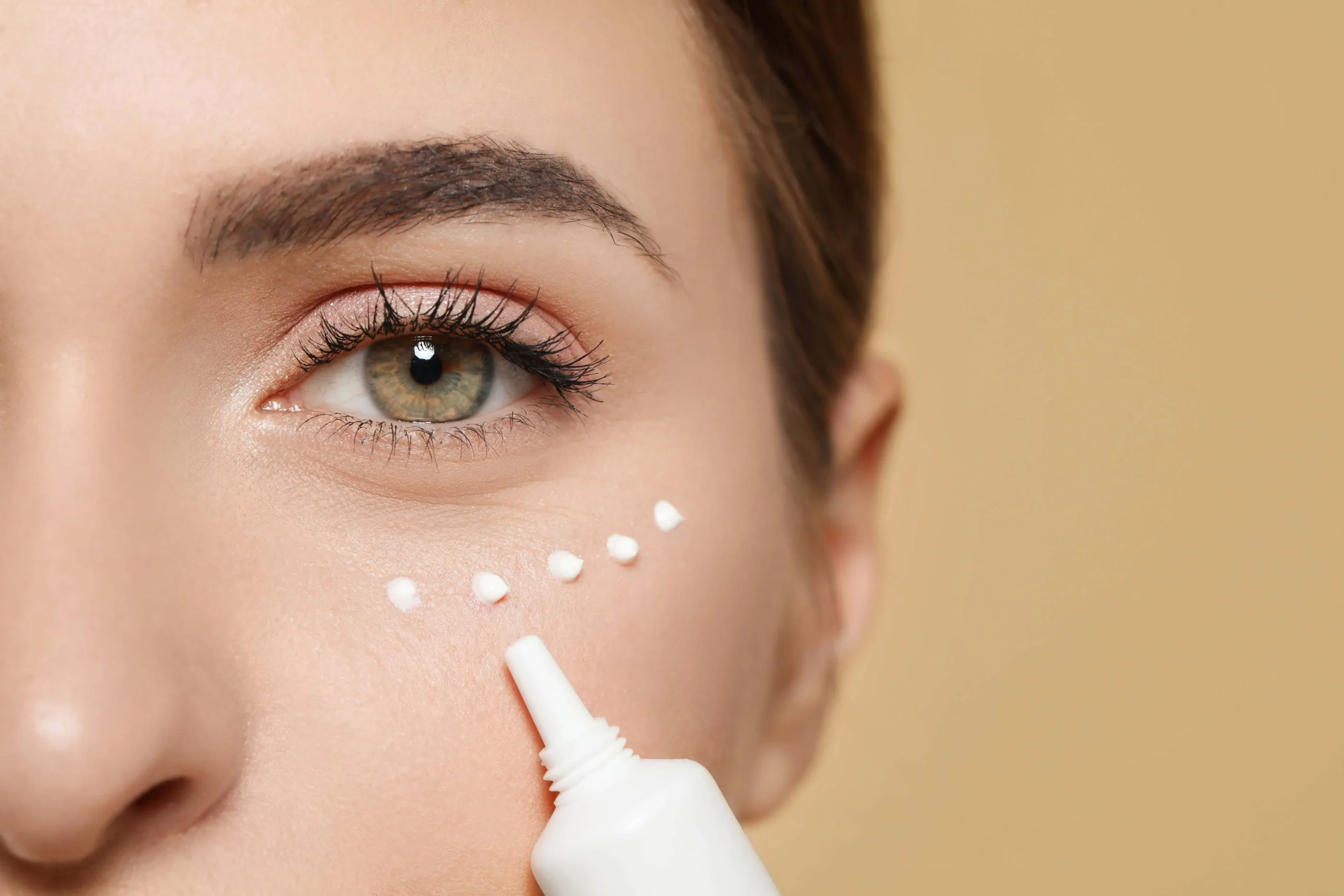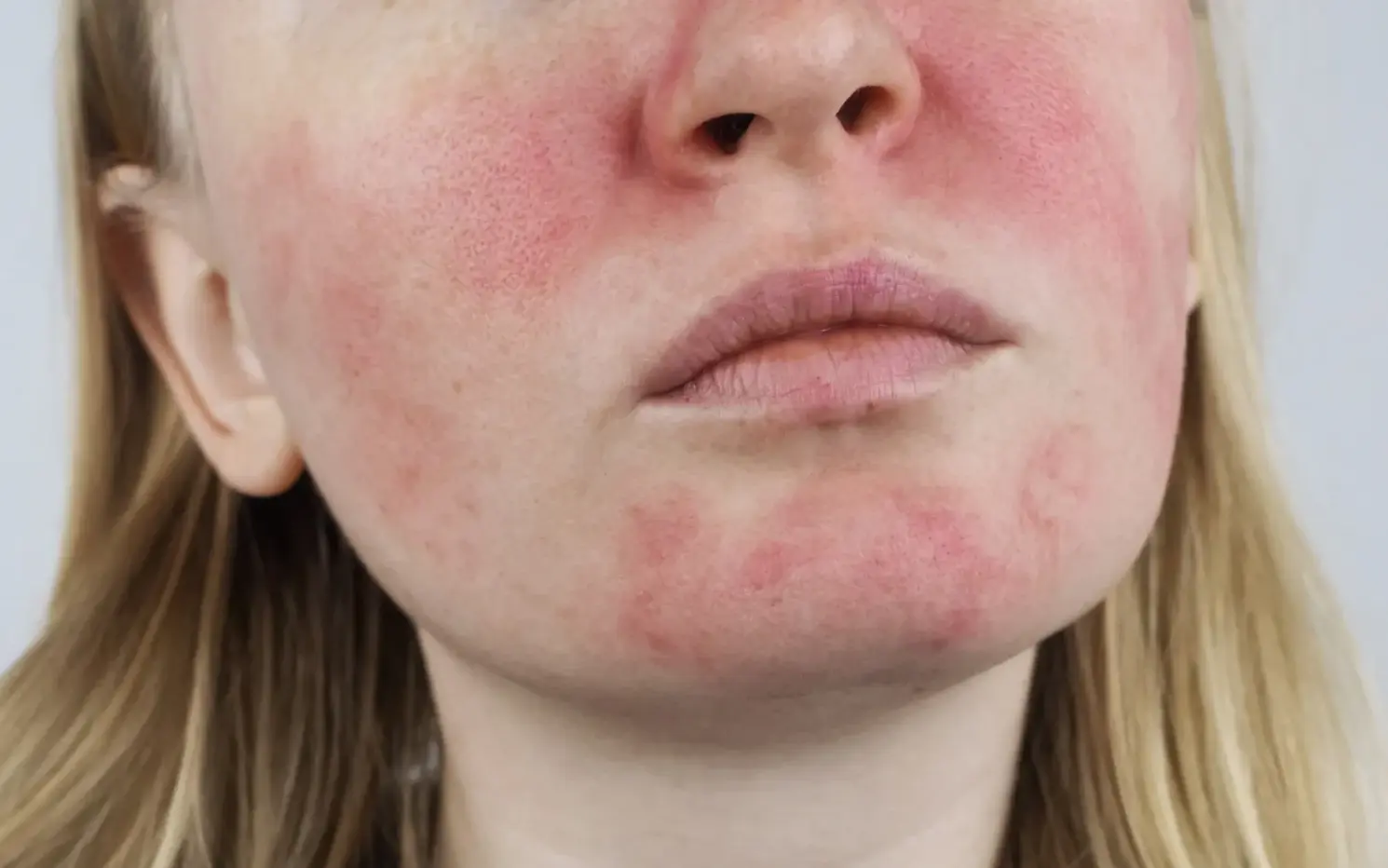Your skin barrier plays a crucial role in protecting your body from environmental aggressors, locking in moisture, and maintaining overall skin health. When this barrier is compromised, it can lead to a host of skin issues that not only affect your appearance but also your confidence. Understanding the signs of a damaged skin barrier is essential for restoring its health. Here’s what to look for.
What is the Skin Barrier?
The skin barrier, or stratum corneum, is the topmost layer of your skin. It consists of lipids (fats) and proteins that form a protective shield. This barrier helps retain moisture, prevents harmful bacteria and pollutants from entering, and protects against physical and chemical irritants. When it’s functioning optimally, your skin looks smooth, hydrated, and healthy. However, various factors can compromise this barrier, leading to visible signs of damage.
Signs Your Skin Barrier is Damaged
1. Dryness and Flakiness
One of the most common signs of a damaged skin barrier is persistent dryness and flakiness. When the barrier is compromised, it struggles to retain moisture, leading to a parched appearance. If you find yourself applying moisturizer repeatedly without relief, it may be time to assess your skin barrier.
2. Redness and Inflammation
Inflammation and redness are clear indicators that your skin barrier is in distress. This can manifest as general redness or localized patches of irritation. Conditions like eczema or rosacea can flare up due to a weakened barrier, making your skin more reactive to products and environmental factors.
3. Increased Sensitivity
If your skin has suddenly become more sensitive to products that you previously used without issue, this could indicate a compromised barrier. You might experience stinging, burning, or a tingling sensation, especially after using cleansers or exfoliants.
4. Breakouts and Acne
A damaged skin barrier can disrupt your skin’s natural balance, leading to increased oil production and clogged pores. This often results in breakouts and acne. If you notice a rise in blemishes, especially in areas that are typically clear, your skin barrier may be the culprit.
5. Tightness or a Stinging Sensation
Feeling tightness in your skin, particularly after cleansing, is another sign that your barrier may be damaged. You might also experience a stinging sensation when applying products, which can indicate that your skin is lacking in protective lipids.
6. Uneven Texture
A compromised skin barrier can lead to an uneven texture, with rough patches or an overall lack of smoothness. This happens as the skin struggles to renew itself effectively, causing a buildup of dead skin cells and uneven cell turnover.
7. Excessive Oiliness
Ironically, a damaged skin barrier can also lead to excess oiliness. When the skin is unable to retain moisture, it may overcompensate by producing more oil, leading to a greasy appearance and a cycle of breakouts.
What Causes Skin Barrier Damage?
Understanding the causes of skin barrier damage can help you avoid further issues. Common culprits include:
- Harsh Skincare Products: Strong cleansers, exfoliants, and alcohol-based toners can strip the skin of its natural oils.
- Environmental Factors: Pollution, UV exposure, and extreme weather can all take a toll on your skin.
- Inadequate Hydration: Not drinking enough water can contribute to a lack of moisture in your skin.
- Diet: A poor diet lacking in essential nutrients can impact your skin’s health.
How to Restore Your Skin Barrier
If you recognize these signs, there are several steps you can take to restore your skin barrier:
- Gentle Cleansing: Use a gentle cleanser that hydrates your skin without depleting it of its natural oils.
- Moisturize: Look for moisturizers containing ceramides, fatty acids, and hyaluronic acid to help repair and nourish your skin.
- Avoid Harsh Ingredients: Steer clear of products with alcohol, fragrances, and strong exfoliants until your skin is healed.
- Sun Protection: Always apply sunscreen to protect your skin from UV damage, which can exacerbate barrier issues.
- Hydrate Internally: Drink plenty of water and consume a balanced diet rich in antioxidants and healthy fats.
- Give Your Skin Time: Allow your skin to heal by minimizing product use and focusing on its recovery.
Conclusion
Keeping your skin barrier strong is crucial to having beautiful, healthy skin. Recognizing the signs of damage is the first step toward restoration. By taking proactive measures and adopting a gentle skincare routine, you can heal your skin barrier and reclaim your skin’s natural balance. Keep in mind that patience pays off—your skin will appreciate it!





